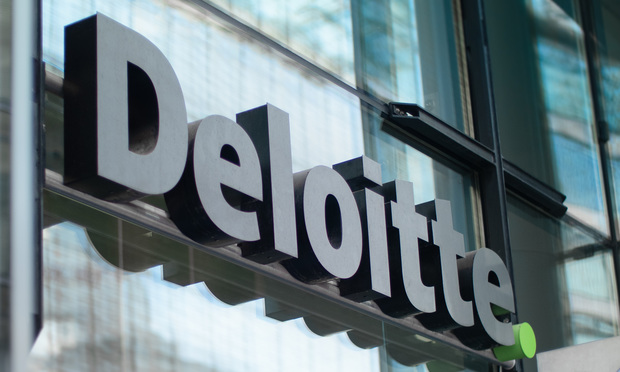Corporate disputes of all types have increased since the COVID-19 pandemic. Whether from tensions over employment, consumer rights or tax, businesses are facing growing volumes of litigation on multiple fronts. At the same time, disputes are becoming more complex, time consuming and expensive – yet the appetite to litigate is higher than ever.
To find out why, Deloitte Legal conducted a large survey on dispute resolution, attracting responses from 568 companies around the world, with annual revenues ranging from US$100 million to above US$3 billion. Their goal was to discover which disputes have escalated, how companies are responding, and what helps them reach a successful resolution.
The survey also investigated the widespread and growing influence of digital litigation tools, as well as how trust in the courts and other dispute resolution mechanisms has shifted.
About the research
Deloitte Legal worked with Euromoney CS to produce the report, “New Roads to Dispute Resolution”. The research discussed in the report is based on online surveys with senior legal and executive leadership at 568 companies across Europe, Asia, the Americas, and the Middle East. Europe was, however, the focus, accounting for more than three-quarters of responses.
All types of business were represented, from financial services to entertainment, real estate and construction to media, and consumer to professional services. All respondents were from organizations with an annual revenue of at least US$100 million.
Key findings
1. Heavier caseloads post-pandemic
Litigation is rising, with 64% of respondents noting a higher volume of cases since early 2020. Looking ahead, survey respondents identified consumer protection, cybersecurity, and corporate and capital markets litigation as major threats, while environmental, social and governance (ESG) and employment disputes were also areas of big concern.
2. Seeking external help
The credibility and independence of external legal counsel are the biggest motivations for seeking third-party assistance with a dispute. Furthermore, the selection of such counsel depends mainly on the additional services and expertise they offer in non-legal areas, ranging from industry-specific advice to tax counseling.
3. Increased trust in courts
Most companies have more trust in national and regional courts than they did five years ago, but that is not the case for other types of court or arbitration bodies.
4. Digitalization
Digitalization has made huge strides, with most companies now investing in AI-based risk assessment tools and case management software.








